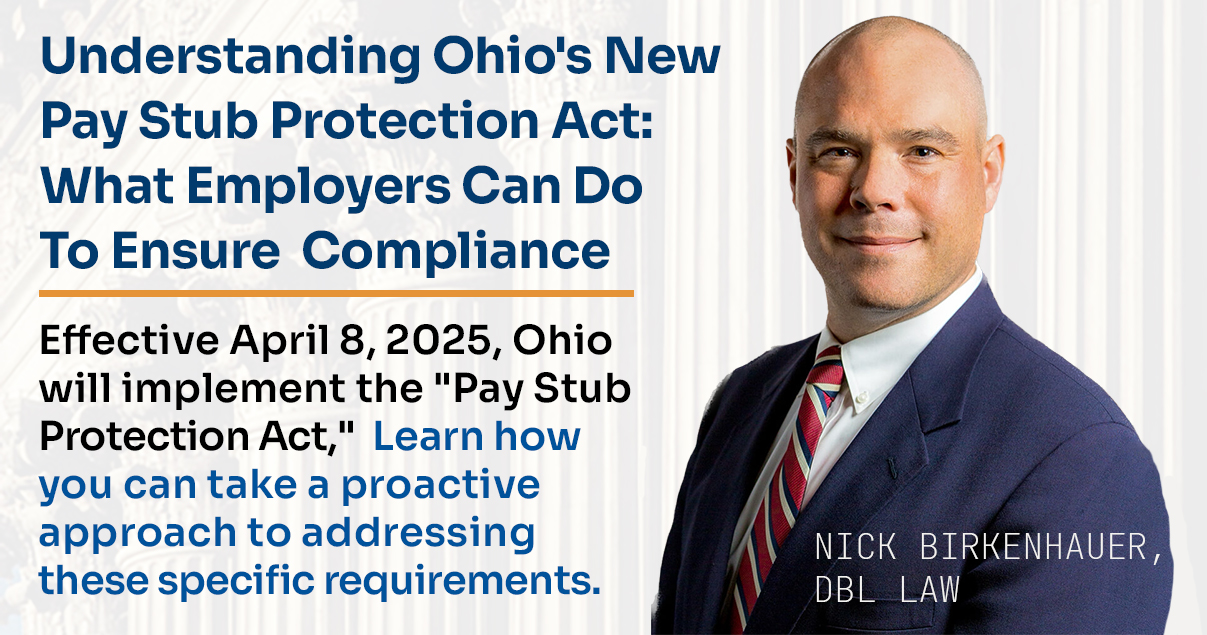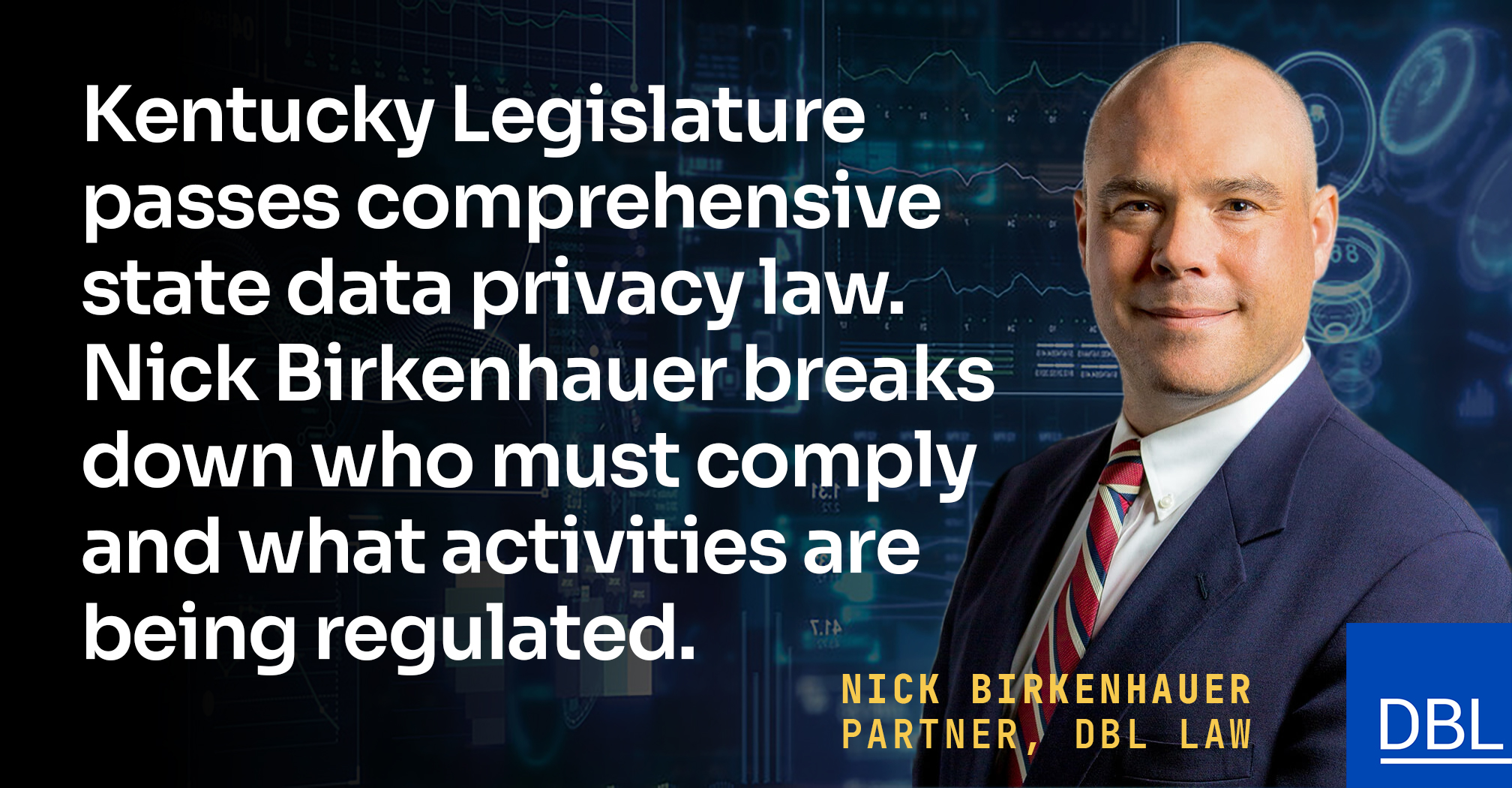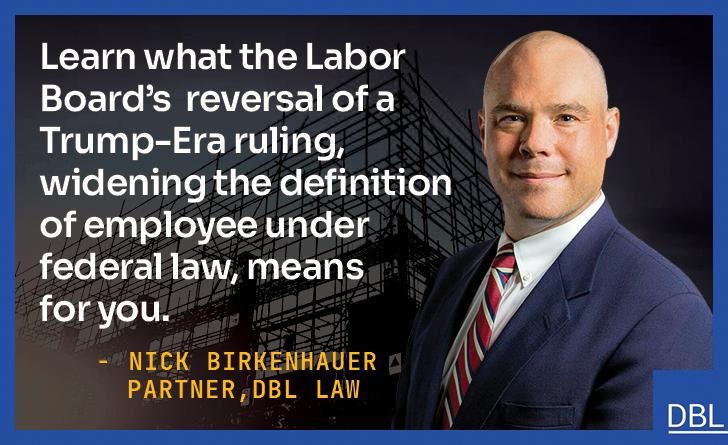Governor Andy Beshear has issued a new executive order significantly expanding the types of businesses which must cease operations during the COVID-19 pandemic. The new order, which allows only those businesses which are “life-sustaining” to remain open, goes into effect at 8:00 p.m. on Thursday, March 26th.
Affected businesses will still be permitted to conduct “minimum basic operations,” which are limited to certain functions necessary to preserve the business, such as processing payroll and benefits, ensuring security, maintaining the value of inventory, preserving equipment and the physical plant, facilitating telecommuting, and other related functions. Also, telework (working from home) is not prohibited under the new order. But all other operations of a non-life-sustaining business must cease.
The list of life-sustaining businesses which may remain open in Kentucky include the following:
▪ Life-sustaining retail. This includes the retail stores already permitted to remain open under the Governor’s prior executive order, which includes groceries, pharmacies, banks, credit unions, gas stations, general merchandise stores, convenience stores, auto repair, building materials, garden supplies, pet stores and liquor stores. The new order expands the list of life-sustaining retail to include hardware stores, stores that sell electrical, plumbing and heating material, agricultural supply and equipment stores, medical product supply and equipment stores, and stores that supply first responders and other critical government and health care workers.
▪ Food, beverage and agriculture. This category includes food and beverage manufacturing, production, processing and cultivation, including farming, livestock, fishing, baking and other production agriculture. Also, animal shelters, rescue shelters, kennels and animal adoption facilities.
▪ Organizations that provide charitable and social services. This includes both religious and secular social services agencies and organizations.
▪ Media. Newspapers, television, radio and other media services.
▪ Gas stations and businesses needed for transportation. Also includes auto supply and repair stores, farm and construction equipment, boat repair and bicycle and motorcycle repair shops.
▪ Financial services. In addition to depository institutions like banks and credit unions, this also includes non-depository institutions such as mortgage loan companies, securities institutions, check cashers, and payday lending companies.
▪ Housing, buildings and construction. Businesses providing construction or maintenance of residential, commercial or government structures. These include plumbers, electricians, exterminators, cleaning and janitorial staff, security staff, operating engineers, heating and air conditioning, painting, landscaping and moving services.
▪ Mail, post, shipping, logistics, delivery and pick-up services. Post offices and other businesses that provide shipping and delivery services.
▪ Laundry services. Laundromats, dry cleaners, industrial laundry services and laundry service providers.
▪ Restaurants for consumption off-premises. Carry-out, delivery and drive-through food and beverage sales.
▪ Transportation. Airlines, taxis, transportation network providers such as Uber and Lyft, vehicle rental services, and other private, public and commercial transportation.
▪ Home-based care and services. Home-based care for people with developmental disabilities, intellectual disabilities, substance use disorders and mental illness.
▪ Professional services. Legal services, accounting services, insurance services, and real estate services including appraisal and title services. However, the order requires professional services firms to implement telecommuting and remote work to the fullest extent possible.
▪ Critical labor union functions.
▪ Hotels and motels.
▪ Funeral services.
▪ The lawful sale of firearms and ammunition.
▪ All businesses operating in the Federal Critical Infrastructure Sectors, as set forth at https://www.cisa.gov/identifying-critical-infrastructure-during-covid-19. These include the following sectors: chemical, commercial facilities, communications, critical manufacturing, dams, defense industrial base, emergency services, energy, financial services, food and agriculture, government facilities, healthcare and public health, information technology, nuclear energy, transportation systems, and water and wastewater systems.
▪ Manufacture, distribution and supply chain for critical products and industries. Companies producing critical products and services for industries such as pharmaceutical, technology, biotechnology, health care, chemicals, sanitization, waste pickup and disposal, agriculture, food and beverage, transportation, energy, steel, petroleum and fuel, mining, construction, national defense and communications.
▪ Supplies for life-sustaining businesses. Businesses that sell, manufacture or supply other “life-sustaining businesses,” including computers, audio and video electronics, household appliances, IT and telecommunications equipment, hardware, paint, flat glass, electrical, plumbing and heating material, sanitary equipment, personal hygiene, food, food additives, medical and orthopedic equipment, optics and photography equipment, diagnostics, food and beverages, chemicals, soaps and detergent and firearm and ammunition suppliers and retailers.
Any Kentucky business which does not meet any of the foregoing criteria is not considered “life-sustaining” and will be required to close.
Life-sustaining businesses which are permitted to remain open must continue to adhere to mandatory social distancing and hygiene requirements, including maintaining physical separation of six feet when possible, regular handwashing or sanitizing, cleaning and disinfecting frequently touched objects and surfaces, permitting employees to work from home, and identifying sick employees and asking them to leave the premises. The order specifies that any life-sustaining business that violates any of these hygiene requirements will be subject to closure and other penalties.
The order does not have an expiration date, and will continue to remain in effect until further notice.
The attorneys of DBL Law stand ready to assist Kentucky businesses affected by these measures. For additional information and resources to help guide your business through these difficult times, DBL Law is constantly updating its COVID-19 Business Resources page.




